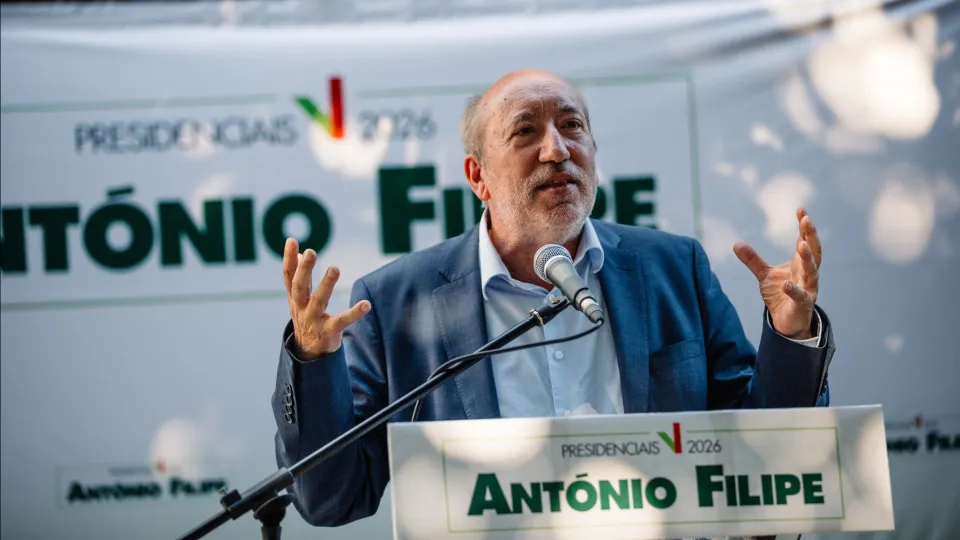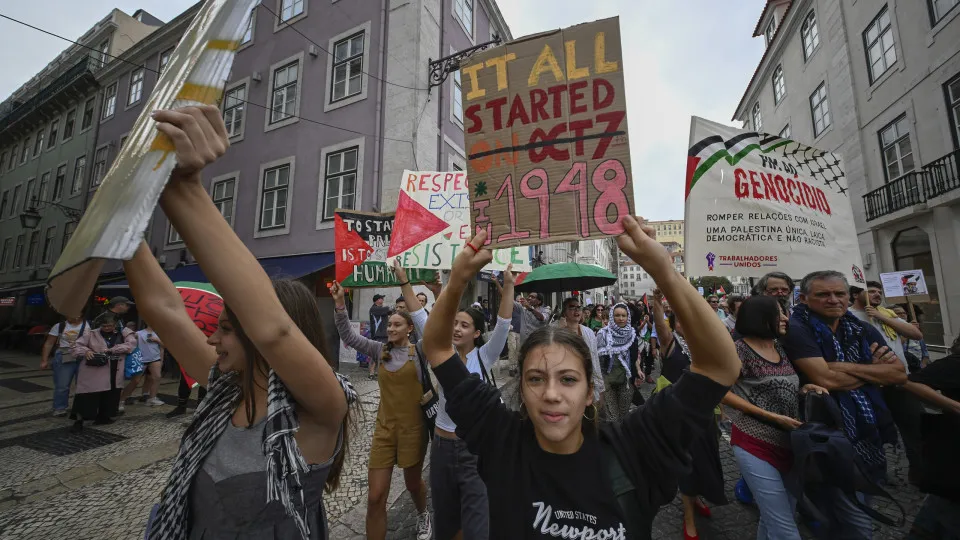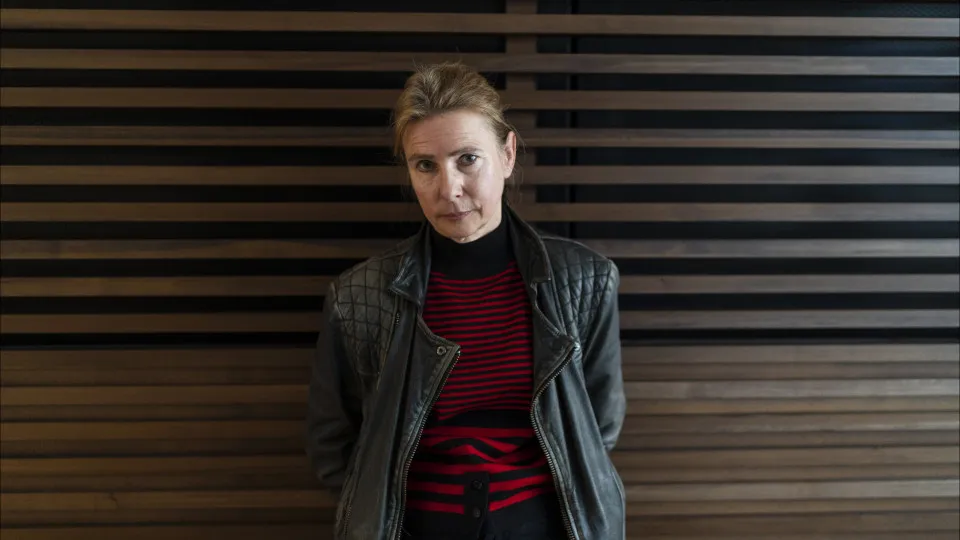
The housing issue “is not a problem for everyone. Anyone with two million euros can buy a house in Lisbon today. The problem is that the vast majority of people do not have the money to purchase a home,” stated António Filipe.
The key to solving the issue, said the candidate supported by the Portuguese Communist Party (PCP), lies in “a strong public intervention,” particularly “in regulating the rental market to limit rent increases and ensure some stability in renting.”
Direct state investment in building affordable housing and state oversight of the financial market to limit banking fees and prevent “extortion of families” were additional solutions proposed by the candidate.
António Filipe was speaking at the presidential debate organized by the National Council of Law Students as part of the National Meeting of Law Students (ENED), held this morning in Coimbra.
Also present, João Cotrim de Figueiredo argued that the housing problem is linked to supply and demand issues, requiring the construction of between 550,000 to 700,000 new homes, while currently, only 20,000 houses are built in the country each year.
The candidate, supported by the Liberal Initiative (IL), added that despite “often being mentioned,” foreigners or local accommodation are “insignificant factors” in heating up the market.
“The foreigners who bought houses in Portugal over the last 10 years do not reach 100,000, and the current local accommodation licenses in Portugal are 92,000,” he said.
Thus, both factors together, “in the Portuguese housing stock, which comprises about six million and 400 thousand homes,” are “a drop in the ocean.”
During the debate, which did not include presidential candidates such as Henrique Gouveia e Melo, Luís Marques Mendes, António José Seguro, André Ventura, or Catarina Martins, the candidates also discussed the challenges faced by the youth.
António Filipe expressed concern about fewer young people entering higher education in the 2025/2026 academic year, as well as the unfreezing of tuition fees and difficulties in accessing housing.
For the Belém candidate, a President of the Republic needs to be aware of the difficulties in accessing higher education and must “not be complacent” about it.
Meanwhile, João Cotrim de Figueiredo noted that the problems of the Portuguese span all age groups.
“It does not make sense to educate an entire generation that will not put their knowledge and skills to the service of the country that trained them,” as it is necessary to jointly address diverse issues such as employment, birth rate, and housing.
For the candidate, a President of the Republic “has the role of ensuring that these topics remain in public debate.”
The presidential elections are scheduled for January 18, 2026.




